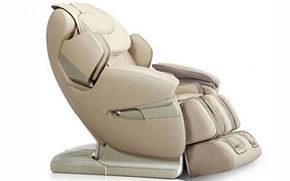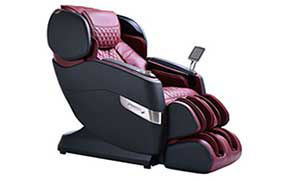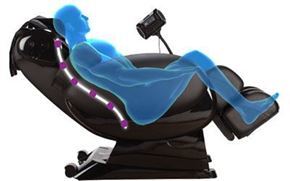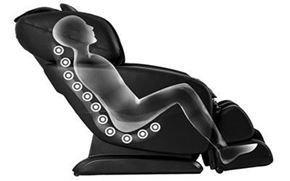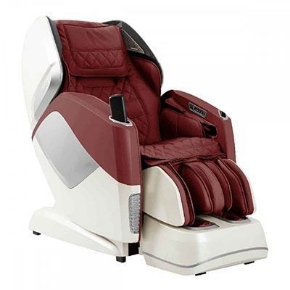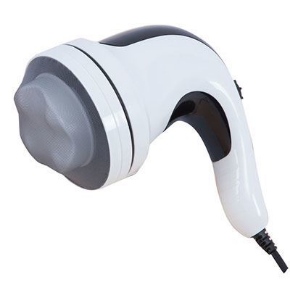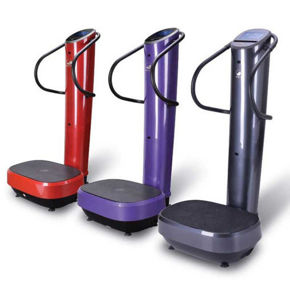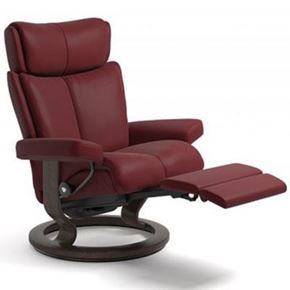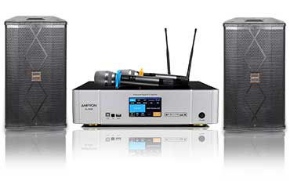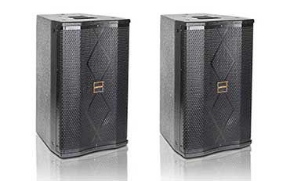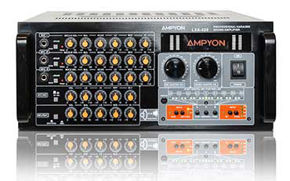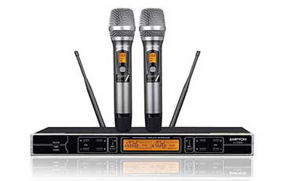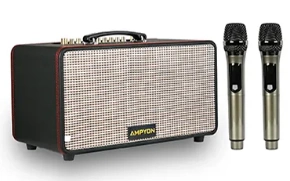Whether you're setting up karaoke at home, running a small event, or building out a professional system, the choice between wireless and wired microphones can significantly impact your experience. Each type has distinct advantages and limitations — from sound quality and mobility to price and reliability.
In this comprehensive guide, we’ll break down the pros and cons of wireless vs. wired microphones for karaoke, helping you decide which is the better fit for your setup in 2025.
🎙️ What Are Wired Microphones?
Wired microphones are the classic choice for karaoke, directly connected to your amplifier or mixer via an audio cable (usually XLR or 1/4" jack). They're favored for their simplicity, reliability, and sound clarity.
✅ Pros of Wired Microphones
1. Consistent Signal Quality
-
Wired mics transmit audio directly through the cable, eliminating risks of signal interference or dropouts.
2. Low Latency
-
No transmission delay between speaking/singing and sound output.
3. No Batteries Required
-
Plug and play — no need to worry about charging or replacing batteries.
4. Budget-Friendly
-
Typically more affordable than wireless alternatives, making them a popular choice for beginners or budget-conscious users.
5. Durable and Simple
-
Fewer components to manage (no receivers or antennas), reducing chances of technical issues.
❌ Cons of Wired Microphones
1. Limited Mobility
-
You're tethered to the mic cable, which can restrict movement and performance flexibility.
2. Cable Management
-
Wires can get tangled, pulled, or become tripping hazards, especially in busy or tight spaces.
3. Wear and Tear
-
Frequent bending or pulling on the cable can lead to signal loss or internal damage over time.
📡 What Are Wireless Microphones?
Wireless microphones use radio frequency (UHF or VHF) or digital transmission to send your voice signal to a receiver without a physical cable. They are popular for their clean stage appearance and unrestricted movement.
✅ Pros of Wireless Microphones
1. Complete Freedom of Movement
-
Sing, dance, or move around the room without worrying about cords.
2. Professional Appearance
-
No wires = cleaner setup for events, video recording, or performances.
3. Multi-Mic Possibilities
-
Many systems allow multiple wireless mics to connect to a single receiver — ideal for group performances or duets.
4. Great for Larger Venues or Outdoor Use
-
Extended wireless range makes them perfect for stage use or parties with wide coverage.
❌ Cons of Wireless Microphones
1. Potential Signal Interference
-
WiFi, Bluetooth devices, and other electronics can interfere with signal, especially on cheaper models.
2. Requires Power Source
-
Wireless mics rely on batteries or rechargeable cells; low battery can lead to dropouts mid-performance.
3. More Expensive
-
Quality wireless systems cost more due to extra components like receivers and antennas.
4. Setup and Troubleshooting Can Be Tricky
-
Frequency matching, battery monitoring, and interference management require attention — not ideal for absolute beginners.
🎯 Key Comparison Chart
| Feature | Wired Microphone | Wireless Microphone |
|---|---|---|
| Mobility | ❌ Limited by cable length | ✅ Full movement freedom |
| Signal Reliability | ✅ Very stable | ⚠️ Can vary by environment |
| Audio Latency | ✅ Near zero | ⚠️ May have slight delay |
| Ease of Use | ✅ Simple plug-and-play | ⚠️ Requires pairing/monitoring |
| Power Source | No power needed | Requires battery or charging |
| Price Range | $20–$100+ | $80–$300+ (for reliable sets) |
| Ideal For | Home karaoke, studios | Performers, parties, outdoor use |
🧠 Choosing Based on Your Use Case
🎉 Home Karaoke with Kids or Family
➡️ Wired mics are more affordable, reliable, and safer for casual use. No need to worry about batteries or interference.
🎙️ Serious Karaoke Enthusiasts or Performers
➡️ Wireless mics give you freedom to move and perform confidently. Invest in a UHF or digital system for better reliability.
🎛️ Small Bar or Café with Karaoke Nights
➡️ Combination — one or two wireless mics for performers, and backup wired mics for guests or emergencies.
🏞️ Outdoor Events or Large Parties
➡️ Wireless systems with long-range capability (UHF preferred) allow seamless hosting without crowding the amplifier.
🧪 Analog vs. Digital Wireless Microphones
Not all wireless systems are created equal. In 2025, you’ll find both analog (typically VHF/UHF) and digital wireless mics on the market.
📻 Analog (UHF/VHF)
-
More affordable
-
May suffer from signal interference
-
Range depends on frequency environment
💡 Digital Wireless
-
Higher fidelity audio with encryption
-
Better resistance to interference
-
Often comes with built-in gain control and multiple frequency channels
Pro Tip: Look for digital wireless systems that offer auto frequency scanning and dynamic range adjustment — especially if you’re performing in crowded or high-tech environments.
🛠️ Maintenance & Battery Life
Wired Mic Care:
-
Keep cables untangled and avoid bending
-
Clean mic heads regularly
-
Store in padded bags when not in use
Wireless Mic Care:
-
Recharge or change batteries after each session
-
Power off when not in use to extend life
-
Avoid dropping — internal antennas can be sensitive
-
Label multiple mics to avoid confusion when pairing
💬 Real User Feedback (2025)
📌 “I started with wired mics for my home setup and upgraded to wireless when I began doing outdoor events. Best decision ever.” — Minh L., Garden Grove, CA
📌 “My kids always drained the batteries on the wireless ones. I now keep a wired backup for family nights.” — Alice T., Houston, TX
📌 “We use wireless mics at our restaurant, and they look more professional and keep the stage area clean.” — Diego F., Orlando, FL
🏁 Final Verdict: Which One Should You Choose?
| If you value... | Go for... |
|---|---|
| Maximum reliability | 🎤 Wired mic |
| Freedom to move & perform | 📡 Wireless mic |
| Budget-friendly setup | 🎤 Wired mic |
| Event-ready performance | 📡 Wireless mic |
| Hybrid needs | 🟰 Mix both |
✅ Pro Tips Before You Buy
-
Always check the number of mic inputs on your mixer or amplifier before buying a wireless system.
-
Look for anti-howling (feedback suppression) features to ensure clean sound.
-
For wireless: opt for UHF or digital transmission for better range and stability.
-
Keep a wired mic as a backup, even if you primarily use wireless mics.
🎶 Whether you’re belting out ballads in your living room or hosting karaoke nights for the whole neighborhood, the right microphone makes all the difference. Choose the one that supports your performance style, your space, and your goals — and you’ll always hit the right note.

